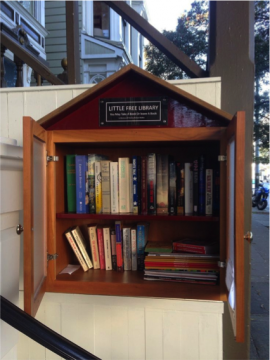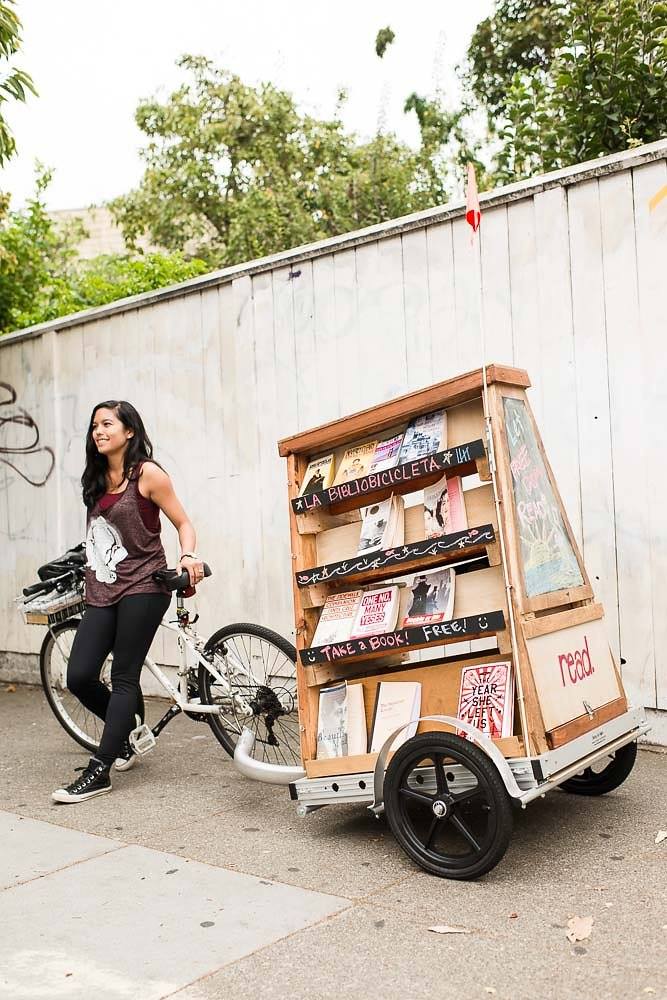By Maria Judnick
Fitzgerald. Salinger. Steinbeck. Three of the most popular American writers, but they’re also the three most frequently challenged authors in the United States. It’s late September again -- a time to order overpriced pumpkin spice lattes, post heavily-filtered photos of falling leaves on Instagram, and pull colorful scarves out of our closets. But, more importantly, it’s also time to think about America’s long, uneasy history with our rights as readers.

The Office for Intellectual Freedom of the American Library Association hosts Banned Books Week in the last week of September each year to increase “awareness of challenges to library materials and celebrate freedom of speech.” Their website provides great resources about the most challenged books in America, both historically and currently, detailing the specific complaints about the text that led to a challenge or outright ban. The ALA also shows how libraries (and individuals) can help promote thoughtful literacy during this week from read-outs to petitions to supporting various specific battles across the country. And while the ALA raises important questions about what materials should be accessible in libraries and in schools, ultimately, Banned Books Week is also a useful, yearly reminder of the pleasures of reading.
But there’s more than one way to celebrate – and share – a joy of reading. The Little Free Library movement, started in 2009 by Todd Bol and Rick Brooks in Wisconsin, is based on a simple, yet powerful idea. Build a small library in your front yard and share books you love with your friends and neighbors. Although inspired by various sources -- Andrew Carnegie’s support of 2,509 free public libraries in the 19th and 20th centuries; a Wisconsin librarian named Miss Lutie Stearns who brought books to more than 1,400 locations through her “little traveling library” program; and grassroots projects around the world – the Little Free Library is inspiring more than a few people to start their own small, local programs. This “take a book, leave a book” model might be modest, but the results are certainly impressive. By January of 2014, it’s estimated that there are more than 15,000 registered Little Free Libraries around the world with thousands more being built each year.

The highly literate Bay Area, of course, is host to hundreds of Little Free Libraries (LFLs). With more than 30 in the East Bay alone, it’s hard not to find one in a neighborhood close by, whether you live in Mountain View, San Francisco, or San Jose. While the Google Map of Libraries can no longer accommodate the sheer number of participants across the country, the Library Appendix tells the stories of many of these libraries. There are local ones created by eager Eagle Scouts, retired teachers or people just hoping to meet some more of their neighbors. While some are large (carved out of old phone booths), small (the size of a doghouse) or even mobile (at the end of a bicycle), all help their communities to thrive. Even better, the libraries are often made of recycled materials and filled with books sure to be popular during Banned Books Week in particular.


